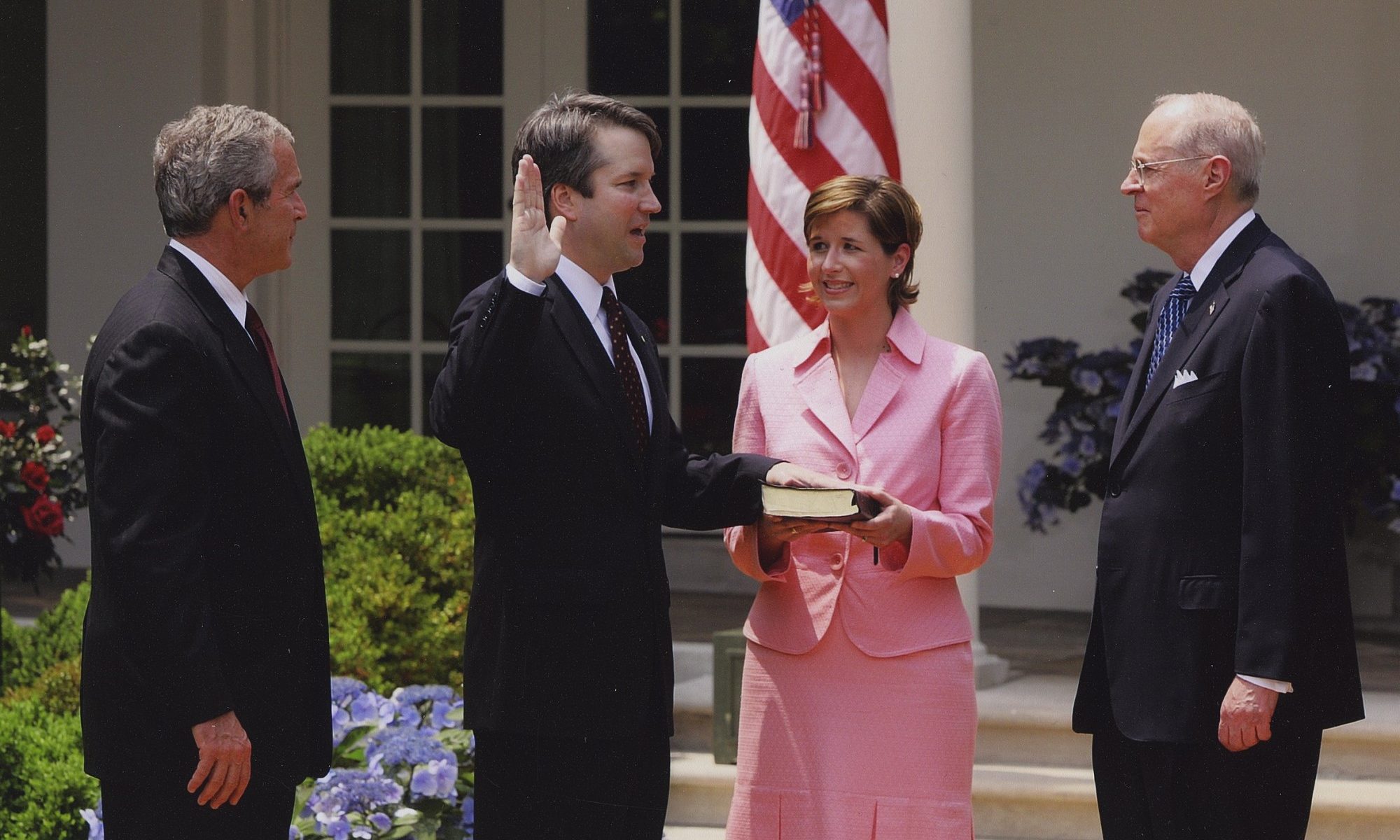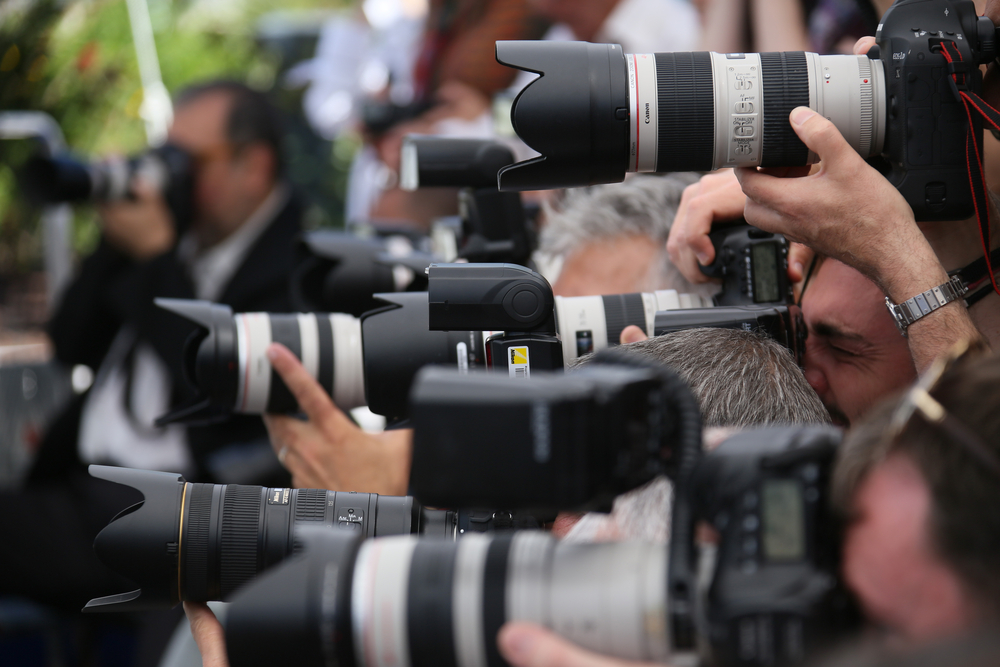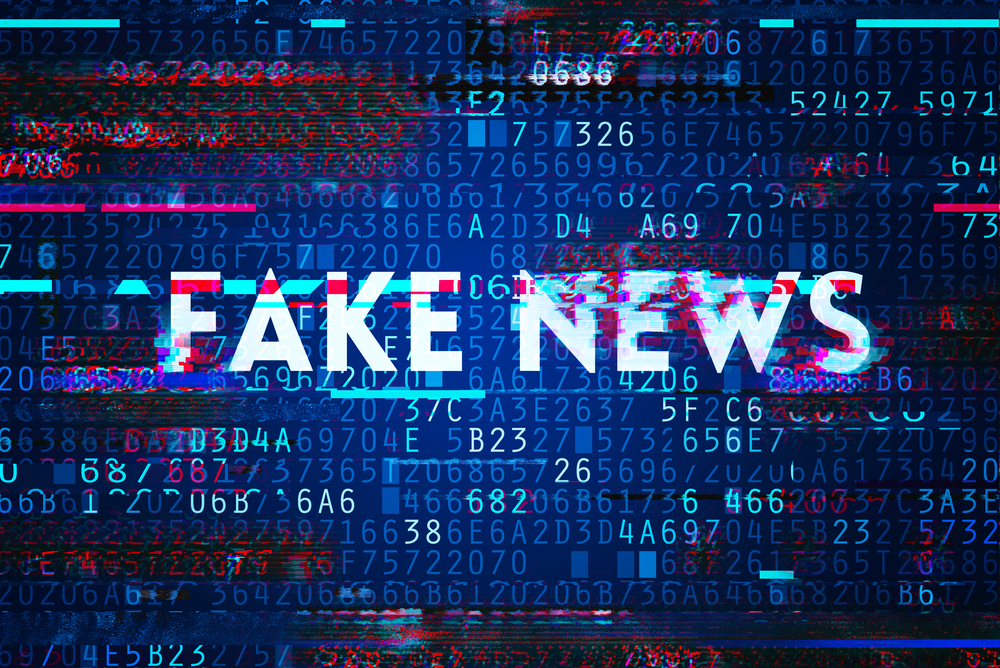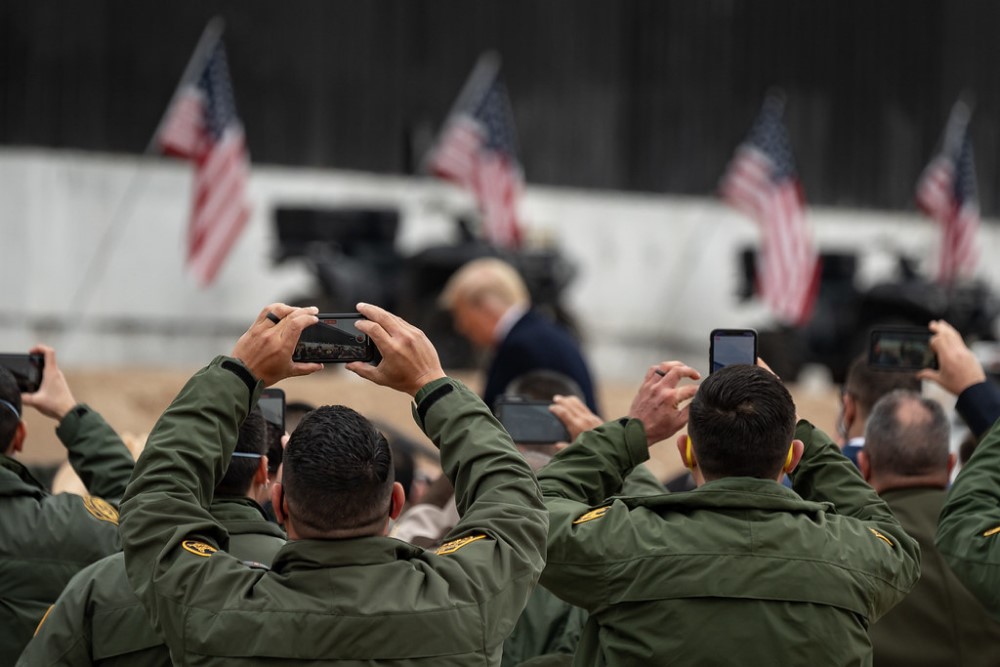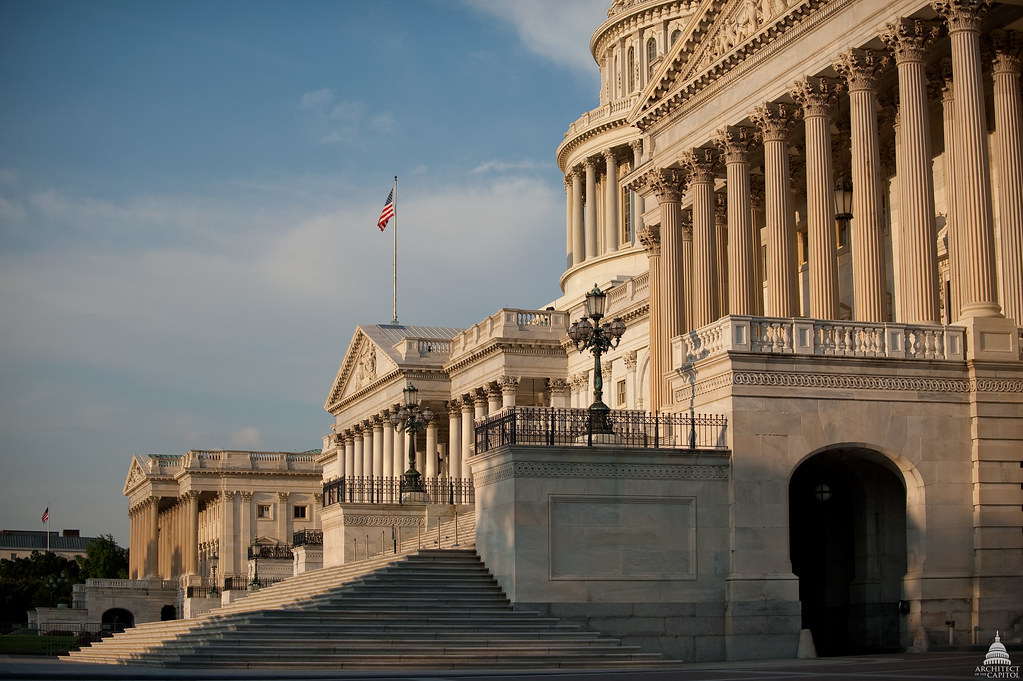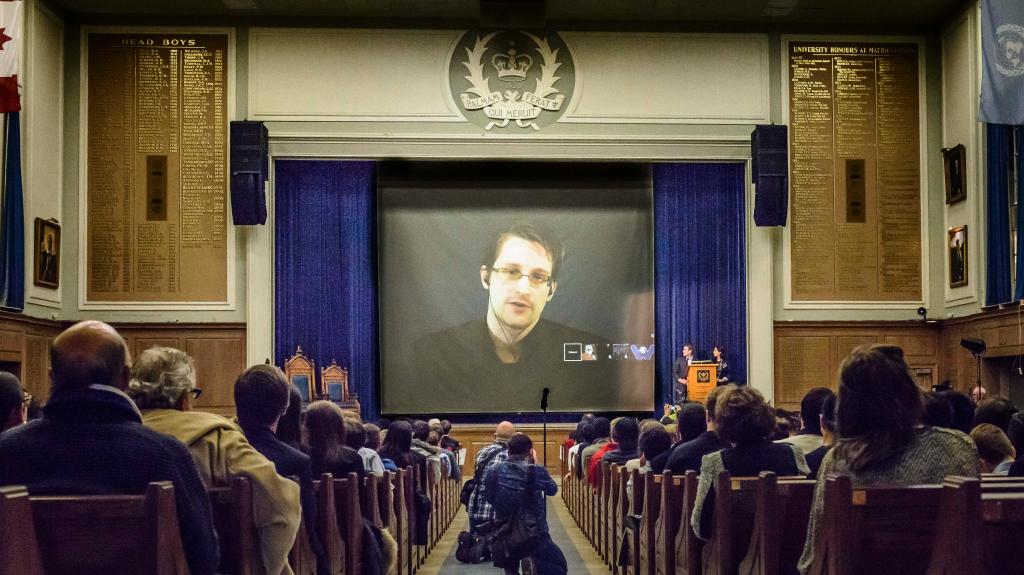This week – in scenes straight out of an episode of The X-Files – a House Oversight subcommittee has begun hearing testimony regarding an alleged alien cover-up by the U.S. Government. According to retired Major David Grusch, the U.S. has been retrieving and reverse engineering unidentified flying objects (UFOs) since the 1930s. Among the claims made by Grusch, the most audacious – and, perhaps, most unsettling – is that this government activity has included the recovery of non-human biologics.
Put simply: Grusch claims that aliens have visited Earth, and that the U.S. government is well aware of this.
It’s obvious that UFOs exist: I see one every time I spot something in the sky that I’m incapable of identifying. What is controversial, however, is the claim that some of these UFOs are of alien origin. As famed astronomer Carl Sagan noted, however: “extraordinary claims require extraordinary evidence.” And while Grusch has provided a great deal of testimony relating to the alleged cover-up, this has been exclusively in the form of second-hand reports from other government officials. Grusch himself has not seen these alien spacecraft or biologics first-hand, nor has he yet provided concrete evidence of their existence to the subcommittee.
But suppose that Grusch is right. The possibility of the government covering up evidence of alien visitations raises all kinds of ethical questions – especially when it comes to a government’s duty to disclose information to its citizens. Would it be right for the U.S. to keep such a revelation from its people?
Governments keep secrets all the time. Ostensibly, this is done for the benefit of those they govern. We can only assume that something similar would be true in this case. Incontrovertible evidence of the existence of alien life would be an unprecedented turning point in human history. It would shatter the worldviews of many, and have far-reaching implications for many of our religious and philosophical beliefs. It’s conceivable that, despite our best cognitive intentions, this revelation would be accompanied by widespread fear and anxiety. As the protagonists of Men in Black so eloquently put it:
James Edwards: “Why the big secret? People are smart. They can handle it.”
Agent Kay: “A person is smart. People are dumb, panicky, dangerous animals and you know it.”
The reason for government non-disclosure, then, might simply be to avoid such panic: that is, to maximize the welfare of the citizenry. But how do we measure welfare? Put another way, how do we establish what makes a life go well? One obvious answer is “happiness.” Indeed, this is what the Hedonists believe – that how well a life is going can be measured purely in terms of pleasure and pain. What this means is that if the disclosure of alien life would, on balance, make people’s lives less happy, then the government is maximizing welfare (i.e., doing the right thing) by refraining from sharing that information.
But is pleasure really all that matters? Robert Nozick poses a famous thought experiment to challenge this idea. Imagine that there is a machine that can give you any experience you want. You can program it with whatever will bring you pleasure, and avoid anything that brings you pain. What’s more, upon entering the machine, you will lose any memory of having done so – meaning that your experiences will not be ruined by the knowledge that they are illusory.
The question: would you choose to hook up to this machine for the remainder of your life?
When I pose this thought experiment to my students, they often raise one of several concerns. Many worry about the friends and family they would leave behind. But suppose that these people also have the option to enter their own experience machines – something which they happily do. Others worry that a life filled with constant pleasure wouldn’t be as good – that is, that without the bitter, the sweet wouldn’t be as sweet. But we can take care of that too. If it helps your appreciation of the pleasure, some small amounts of pain can be programmed into your experience too. Ultimately, all that matters is that your life in the experience machine would be one that gives you a greater balance of pleasure-over-pain than your ordinary life.
Yet, despite this, many would be reluctant to enter the experience machine. The most often cited reason for this is that there is more to our welfare than happiness. Sometimes, what’s best for us isn’t what brings us the most pleasure. That’s why we go to bed early, visit the dentist, and read dry philosophical treatises.
And the very same reasoning applies to knowledge. Suppose that you’ve just bought a brand new outfit and ask a trusted friend how you look. Suppose, further, that the outfit is atrocious and makes you look absolutely ridiculous. Which would be better for you: To be told a flattering lie that makes you feel good about yourself? Or to receive the harsh truth – a truth that might allow you to make better decisions going forward? While the former might bring about greater pleasure, there are good reasons why many of us might prefer the latter.
There are many cases where it might be good for us to be given certain information, even when that information brings us sadness or anxiety or fear. Consider, for example, a cancer diagnosis or evidence of the infidelity of a spouse. The question for us is whether or not evidence of alien life is one such example. It’s undeniable that while some would be thrilled by government disclosure of the existence of alien life, many others would suffer from a raft of negative emotions. Given the considerations above, however, it’s no longer immediately obvious that these negative responses justify non-disclosure. It may very well be the case that our lives will go better knowing that we are not alone in the universe, even if that prospect doesn’t make us happier. Maybe, when it comes to evidence of aliens, ignorance isn’t bliss.


